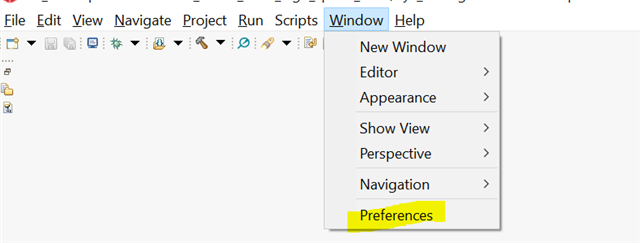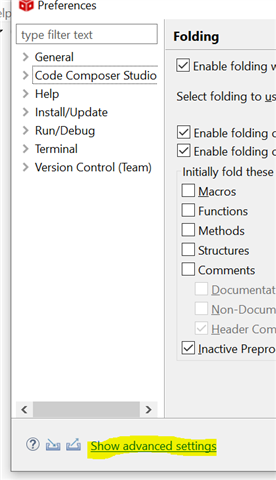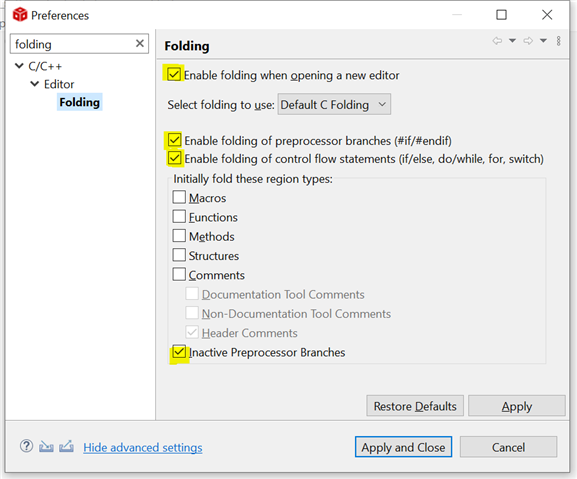Other Parts Discussed in Thread: C2000WARE
Hello,
I want to use interrupts for 6 GPIO inputs on the TMS320F28386D microcontroller.
I have already used XINT3, XINT4 and XINT5 to determine the position of one BLDC motor (three hall effect sensors).
I want to determine the position of a second motor using three hall effect sensors.
Knowing that there are not enough XINTx resources available for both motors, how can I generate interrupts on the edges of each hall effect sensor of the second motor ?
Note: I work with "Code Composer Studio 11.1.0".
Best Regards,
Christophe BERENGER





